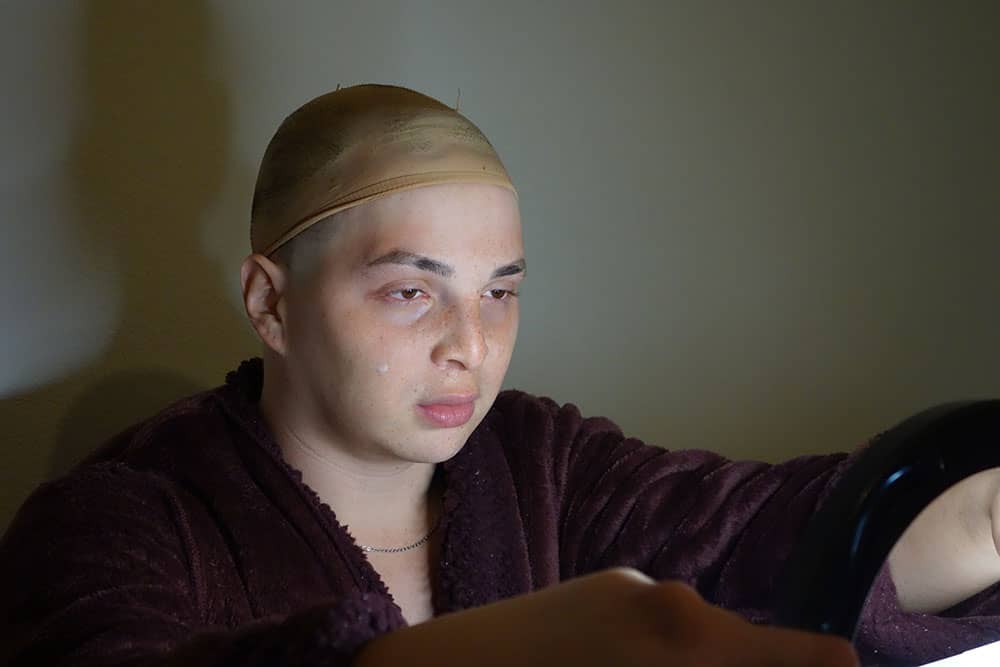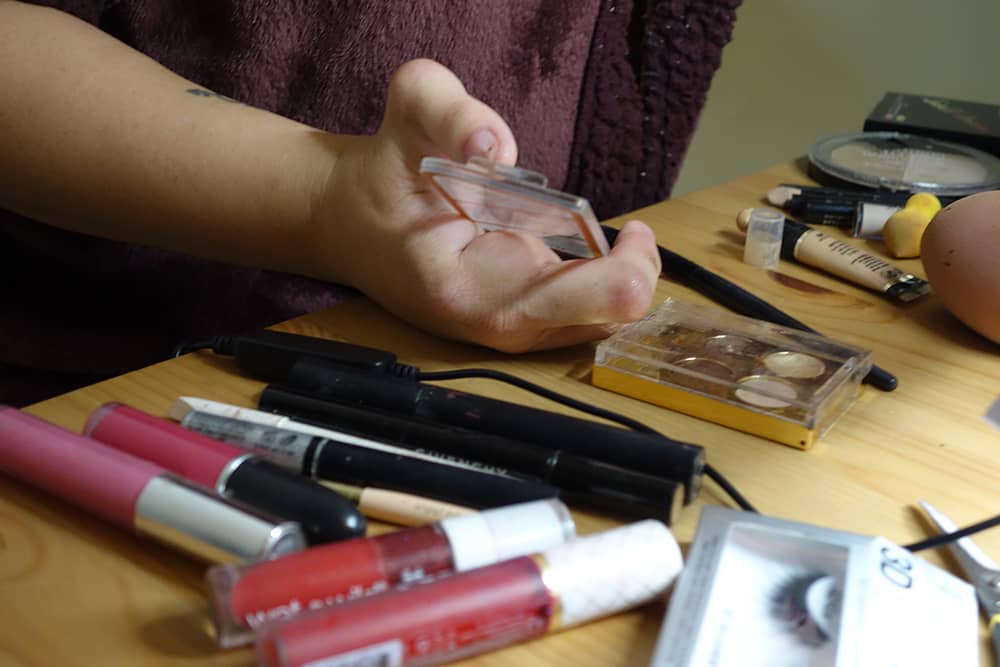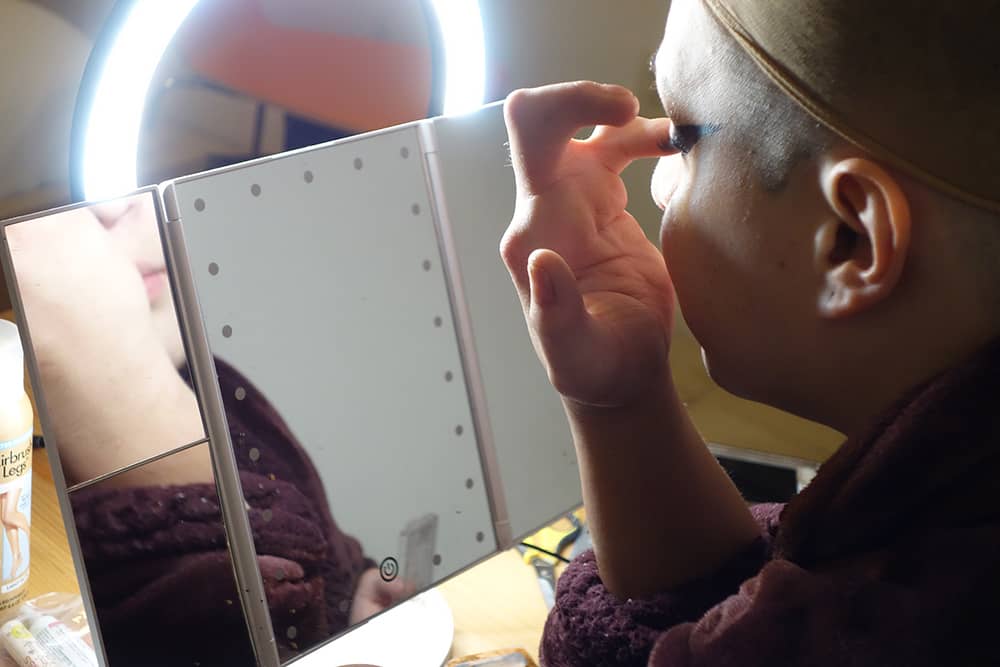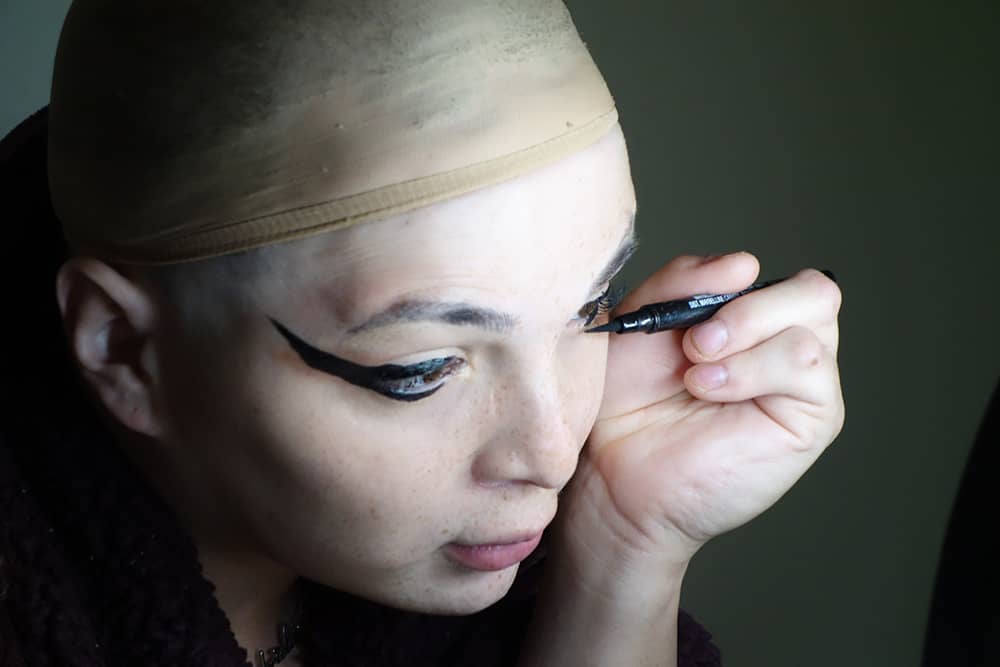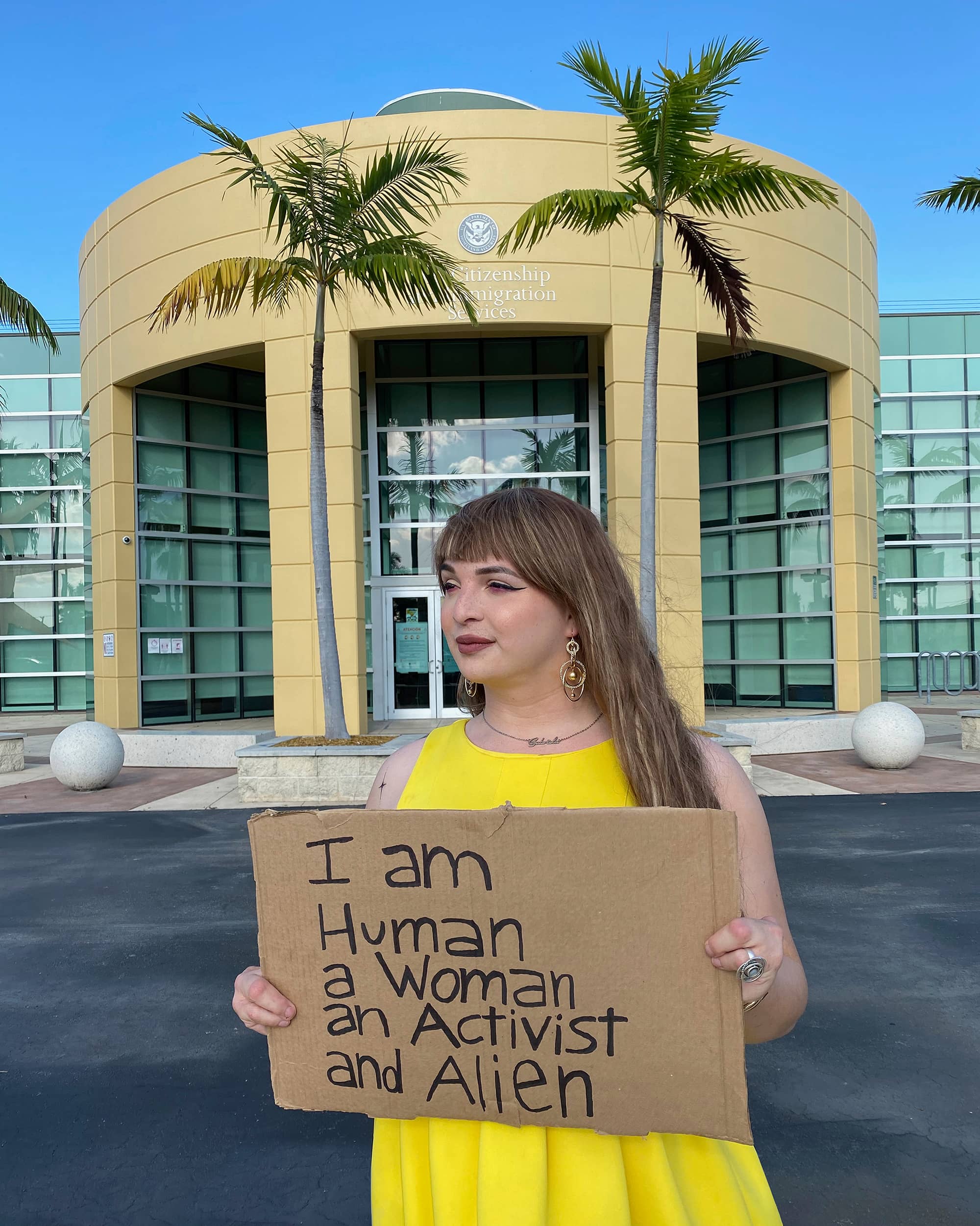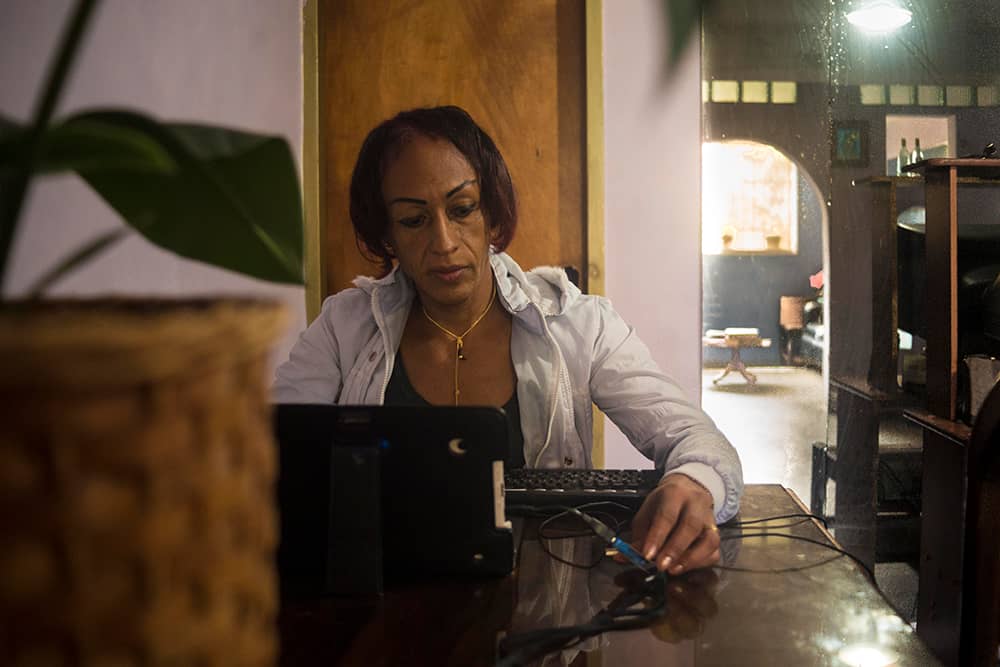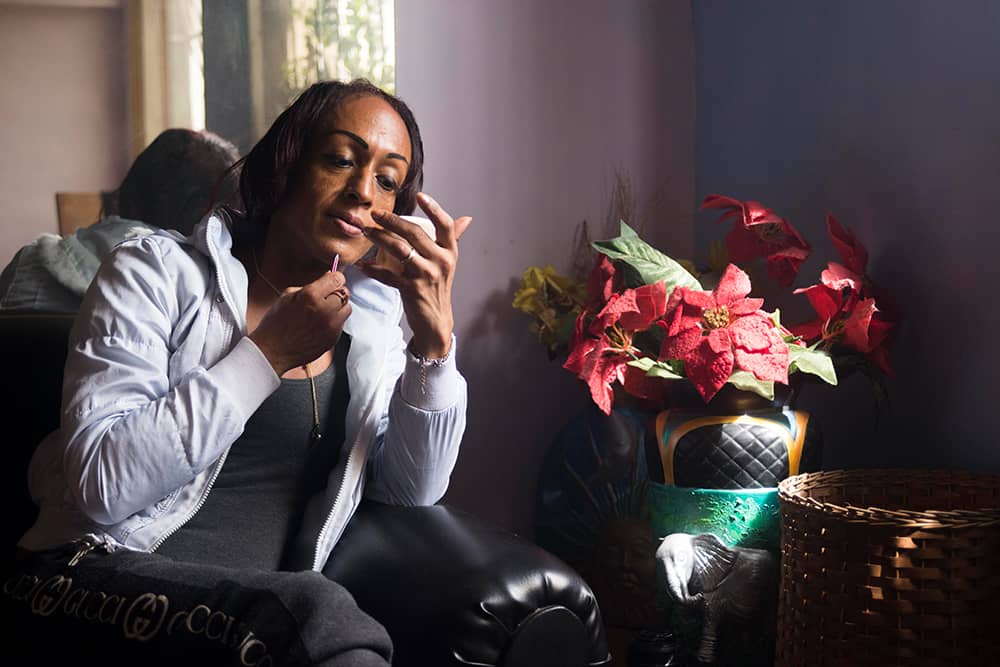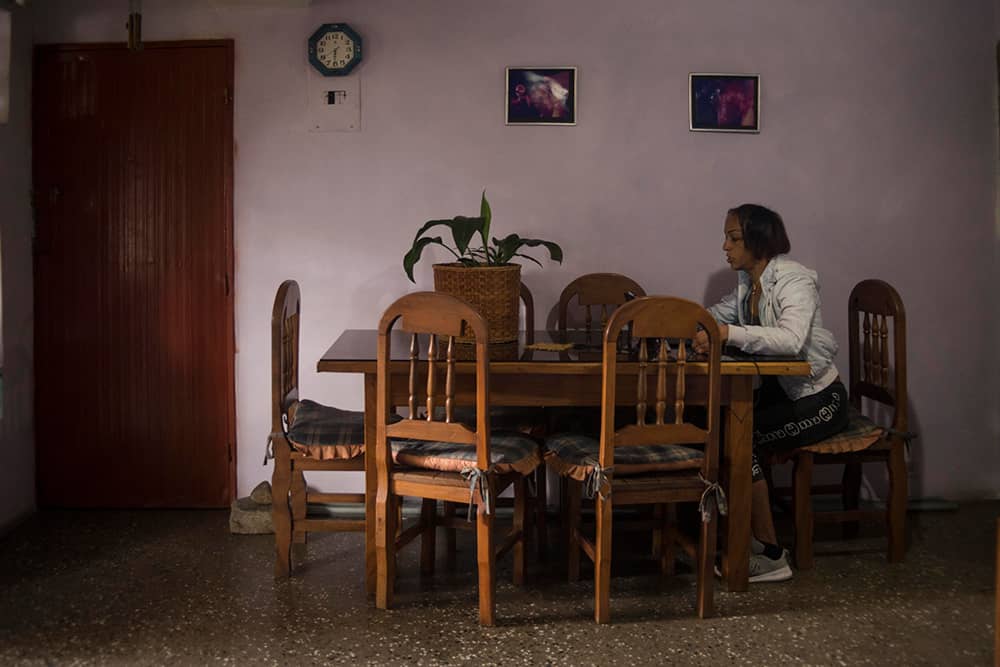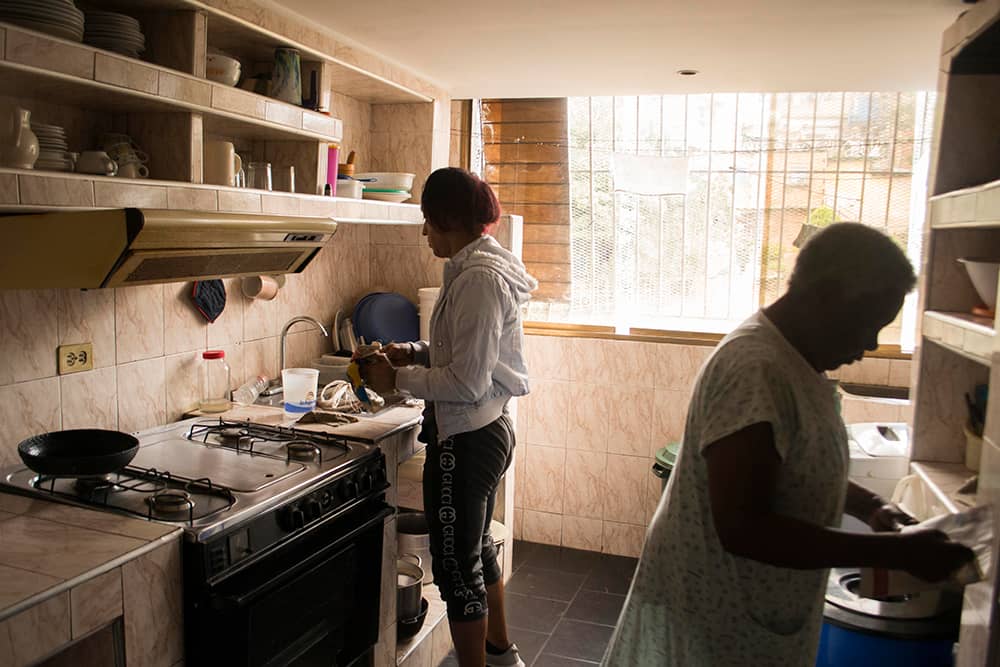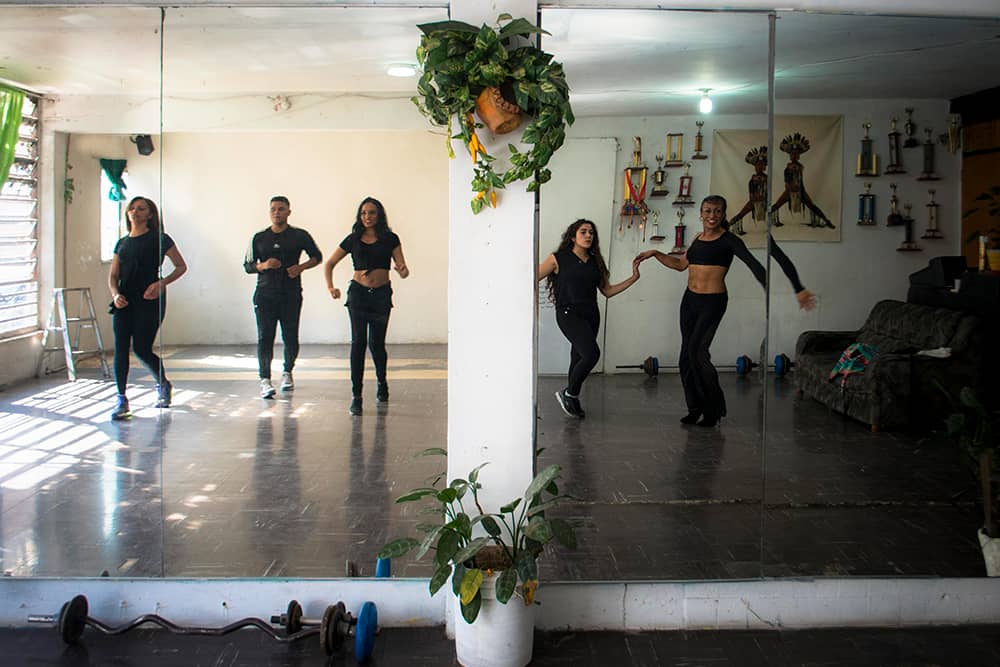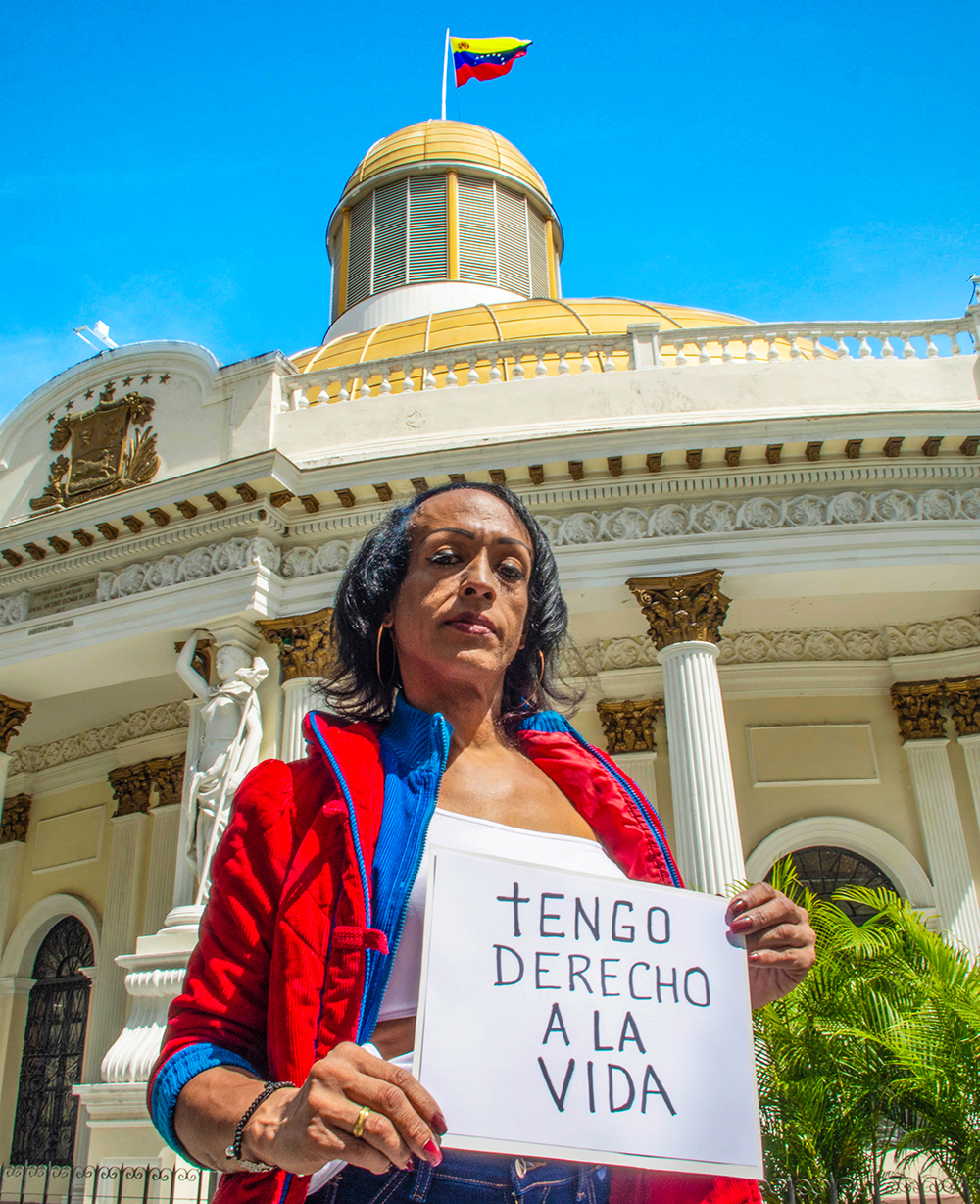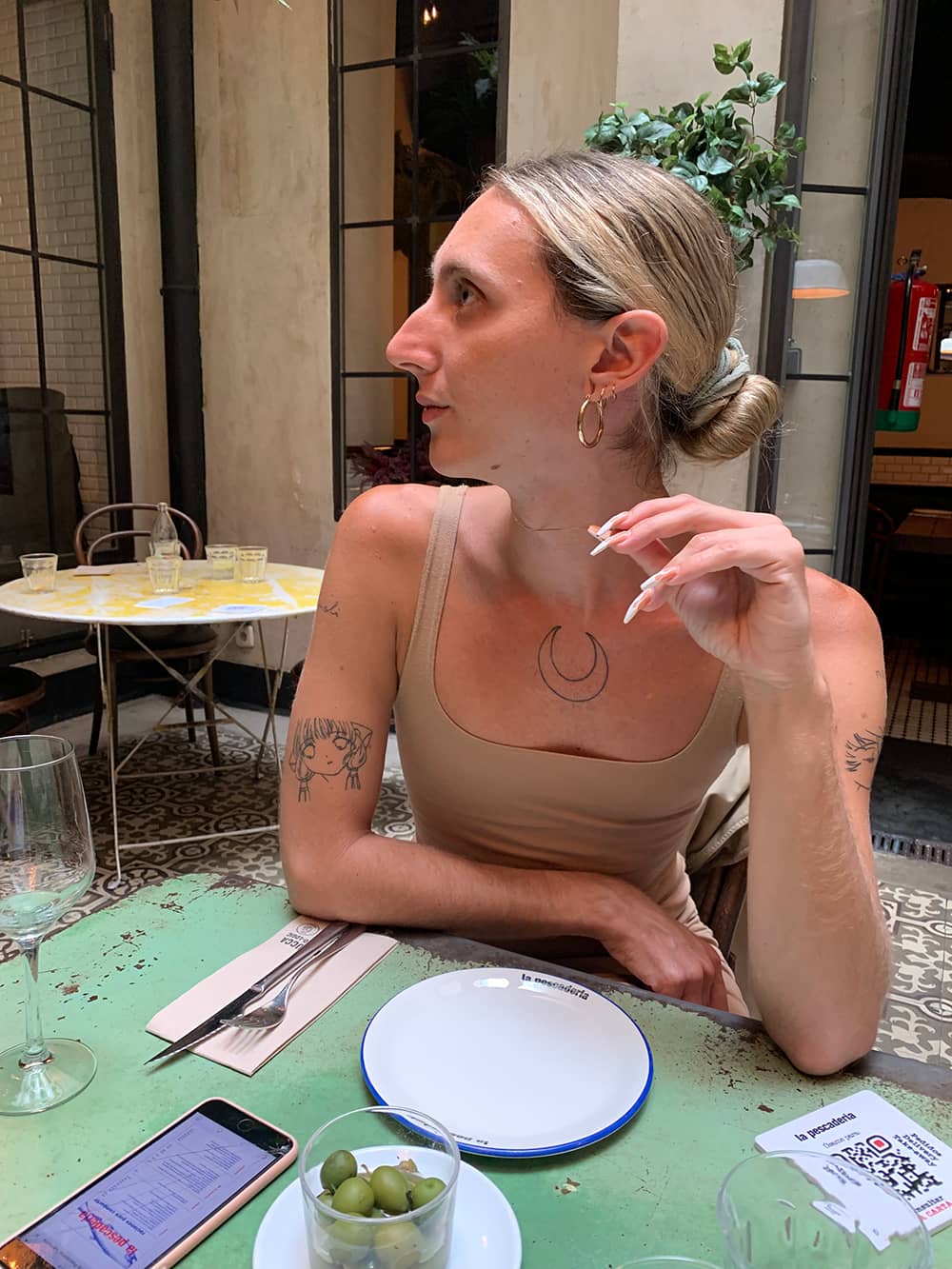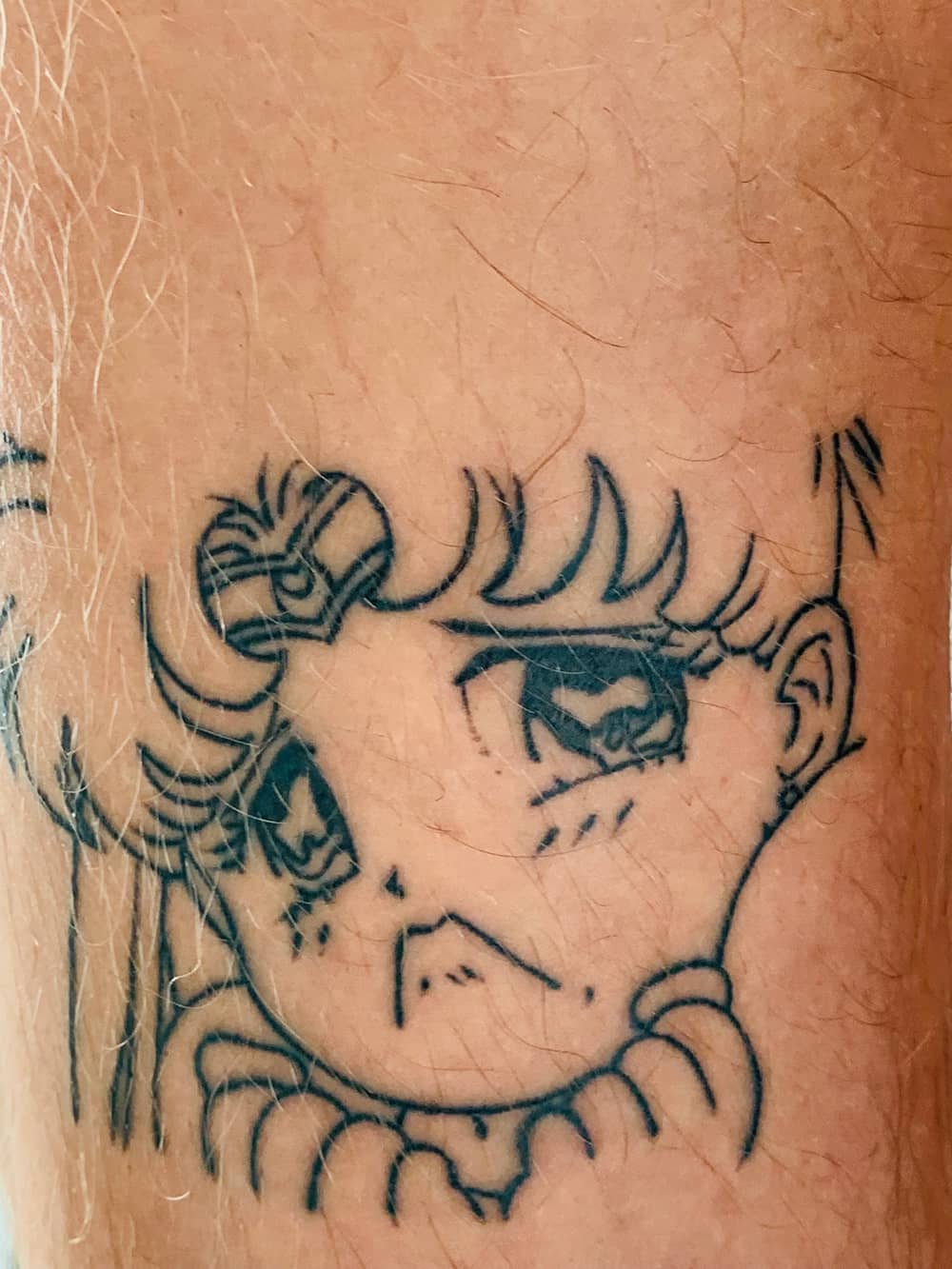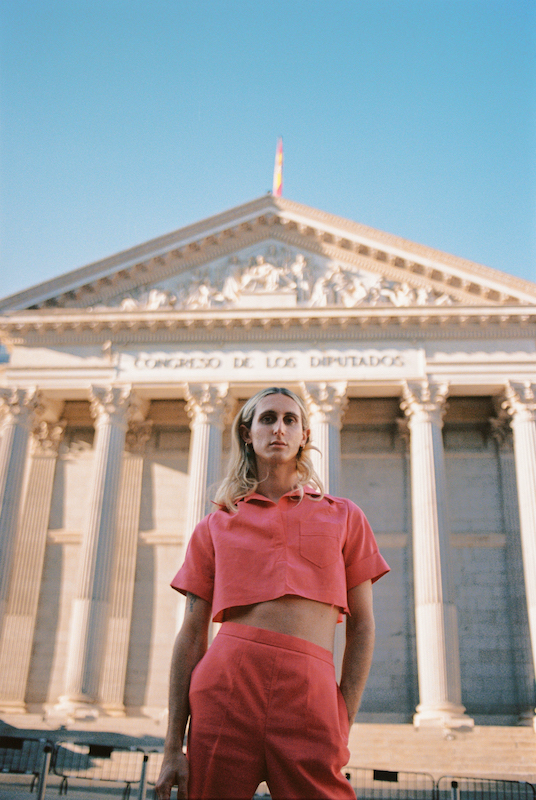Projects
Transdecision
In view of the final requirement of the PHOTO ESPAÑA Master, I have decided to present the TRANSDECISION project as a photographic essay on gender identification, taking into account legal-psychosocial aspects that require attention in order to favor safe, legal scenarios for transsexual and transgender communities.
Among different aspects that connect these communities, I am going to address the right of trans people to freely choose the development of their dignity through the recognition of their gender identity, since according to both collectives, it is a consideration that must be adapted because it does not correspond to the sex to which they were initially registered or recognized.
In this scenario, several challenges arise that put the integrity of trans people at risk, even though the identity of any person is a universal right. The legislative state in many countries does not always recognize this right, and in other cases, it is necessary to update or create laws that help to solve the rights inherent to the personality, race, sex, or nationality of people.
Based on this premise, TRANSDECISION is an approach to civil guardianship around the recognition of gender identity through photographic documentation of some trans women who have been socially violated through various forms of rejection, contempt, and regulated abuse. Among these cases, the protocols are required to declare psychological maladjustments or undergo physical procedures so that the systems supported by the legislation consider the legal recognition of any change that has to do with their gender identity.
TRANSDECISION explores gender adequacy as a form of identity from my experience with people from the trans community. During the ongoing development of this experience, I have learned, accompanied, and advised aspects related to the understanding of their processes, such as their conflicts of social acceptance, emotional development, and fundamental rights, a reality that has become a problem that requires a review of the legal situation of each country. By addressing this issue, we support the social understanding of the topic and the other issues linked to the trans community, among them the change of names due to the development of the image and self-perception of trans people.
For this initial phase of the project, I decided to focus on people born with male genitalia and struggling to look like people with female genitalia or appearance. It is not to say that all trans people intend to undergo treatment or surgical changes, as many consider themselves fulfilled without changing their genitalia.
The problem is not to force the trans community to receive psychological or surgical treatment that does not correspond. What should be done is to listen to their voices, understand that each person is a reality, provide help to physical or mental health (in cases that require it), and solve the adaptation of gender identity.
In order to carry out the project, I am still documenting some protest actions, and I am foregone to petition a change of legal name before the corresponding authorities according to the place of residence of three trans women who decided to collaborate. I am proud to say that they are Gabriela Amaya Cruz (Miami, USA), Rummie Antonina Quintero Verdu (Caracas, Venezuela) and Alex de la Croix (Madrid, Spain). In addition to being united and supported by their families, these people have developed professionally and are activists for human rights in their community.
Listening to their voices has allowed me to understand and build relationships in a situation that requires normalizing the safety and well-being of all people.
Gabriela Amaya
Hometown Managua, Nicaragua, 1994. She immigrated to the United States when she was a child. She is now becoming a U.S. citizen. She will then go through all the legal protocols in Miami court to change her name from Gabriel Amaya Cruz to Gabriela Amaya Cruz on her legal ID in Florida.
Rummie Antonia Quintero Verdu
Hometown Caracas, Venezuela, 1967. International community rights activist. Director of the non-profit organization Divas de Venezuela since 2004. Legally has the opportunity to change her name on her birth certificate from Rigoberto Quintero Verdu to Rummie Quintero Verdu.
Alex De La Croix
From in Madrid, Spain, 1993. Alex is a film star, independent filmmaker, and series producer for HBO.es, Amazon, and Tic Tok. She teaches fashion design, speaks Japanese, and is a Sailor Moon fan. She is waiting for the approval of the new trans law introduced in the Spanish Senate to change her name on her ID, assuming her right of gender self-determination as a woman.
